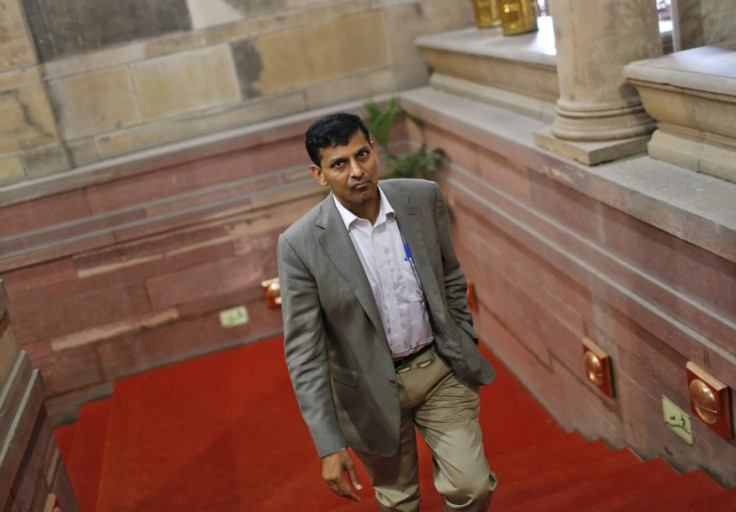Raghuram Rajan Takes over as Chief of India's Central Bank

Raghuram Rajan is taking over as the chief of India's central bank as the country suffers from a free falling rupee, widening current account deficit and a slowdown in economic growth.
Rajan replaces Duvvuri Subbarao who has completed his five-year term marked by the crisis.
Rajan previously worked as chief economist with the International Monetary Fund (IMF). He was appointed as the chief economic adviser to the finance ministry in August 2012.
He will be the 23<sup>rd governor of the Reserve Bank of India. He has been widely acclaimed for predicting the 2008 global financial crisis in a 2005 paper presented at a US meeting of central bankers. Rajan then warned that the developments could trigger an economic crisis.
He is also author of the prize-winning book Fault Lines: How Hidden Fractures Still Threaten the World Economy.
Problems to Tackle
Rajan has to grapple with the deepening economic crisis in India. The country has the world's third-largest current account deficit at about $90bn (£57.9bn, €68.3bn), primarily due to its ever-rising oil and gold import bills. The country looks to bring the deficit down to $70bn by the end of the current fiscal year. The task is expected to be difficult due to rising oil prices amid the Syrian crisis.
The high current account deficit, along with the US plans to ease its monetary stimulus, has affected the rupee, which plunged to an all-time low of 68.80 against the US dollar last week.
The currency has shed nearly 20% since May, as the government's efforts proved to be less effective. The dollar is currently trading at 67.70 rupees, down 0.03% as at 6:15 am GMT.
India largely depends on imports for its energy needs and the rising cost of oil would continue to hurt the country's efforts to reduce its current account deficit.
A widening deficit means further strain on the nation's foreign exchange reserves and more borrowing, which puts further pressure on the budget.
India's foreign exchange reserves have come down to a level where it can pay for only seven months of imports.
To compound the woes, the inflation rate in the country is high and economists project a growth rate of 4% for the ongoing fiscal year, following the 5% growth last year, the slowest in a decade.
'No Magic Wand' to Solve Problems
Rajan has made it clear that the issues are challenging and will take a lot of time to get fixed.
"It is not just the currency, it is financial inclusion, it is growth. I think there is a lot to do. There are challenges in the economy... These things are not going to be overcome overnight. There is no magic wand. But there are undoubtedly solutions to many of the problems that the RBI can tackle and the job is to go ahead and do it," he told reporters.
"We will do it one step at a time. Make sure that it progresses every day."
© Copyright IBTimes 2025. All rights reserved.






















